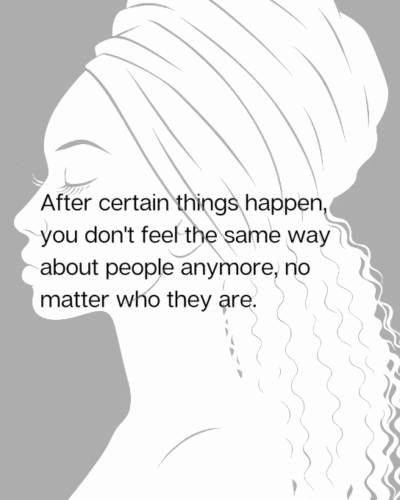We must understand just how immense the courage is for a survivor to speak the truth about child sexual abuse. This is not a truth that brings comfor
We must understand just how immense the courage is for a survivor to speak the truth about child sexual abuse.
This is not a truth that brings comfort, applause, or celebration. Often, speaking out invites disbelief, whispers, rejection, or worse. Survivors know these risks before they speak—and still, they speak.
They speak while pushing through:
Shame—that never belonged to them.
Guilt—that chimes, “Perhaps I could’ve done something differently.”
Rehearsed conversations—the countless internal loops imagining how others might react, and the dread when they inevitably react with doubt or anger.
To speak truth is to step out of the shadows shaped by shame and into the light of the self.
Maya’s Silence and Her Brother
When Maya Angelou was eight years old, while living with her mother’s boyfriend (Mr. Freeman), she was raped. She told her older brother Bailey, who then took her words to the family. Mr. Freeman was convicted—but only jailed for one day. Four days later, he was found murdered, likely by Maya’s uncles.
Young Maya was convinced that her words had killed him. She believed, “my voice killed him; I killed that man, because I told his name.”
Terrified of her own words, she entered a self-imposed, five‑year silence—speaking only to her brother Bailey. Wikipedia+4TIME+4The Jesuit Post+4RALIANCECharger Press+6Wikipedia+6The Jesuit Post+6
During those years of muteness, Maya’s inner world deepened. She developed a remarkable memory, an intense love for books, and became a keen observer of people and life—honing the very tools that would one day serve her as a writer and leader. Wikipedia
The Cost of Silence vs. the Cost of Truth
Silence steals safety, trust, and the freedom to be seen. It can hollow out a child’s sense of belonging and self-worth. And yet, speaking truth can demand even more.
Survivors risk being labeled “dramatic,” “bitter,” or “troublemakers.” They may be disbelieved, isolated, or estranged from loved ones.
Imagine that child, practicing in front of a mirror: “Uncle hurt me…” She tries again: “I’m okay…” And again, faltering, because the words feel unbearably heavy. Then, gathering every shred of courage, she speaks them aloud. Perhaps she’s met with, “Stop. Don’t say things like that. You’ll destroy the family.”
That moment does more than silence the words—it crushes trust.
And yet—years later—if that child, now an adult, tries again and dares to speak truth—that is extraordinary bravery.
Our Sacred Responsibility
When we mock, doubt, or silence survivors, we force them to carry unbearable weight alone. We side with the fear that predators rely on—fear, shame, isolation.
But when we listen—truly listen—we create sanctuary. We say, “You are not alone. Your truth matters. You matter.”
Maya Angelou’s wisdom guides us: “When people show you who they are, believe them the first time.” Survivors are showing us their courage. The very least—and the most powerful—thing we can do is believe them, stand beside them, and fight for their sacred right to be heard, to heal, and to thrive.